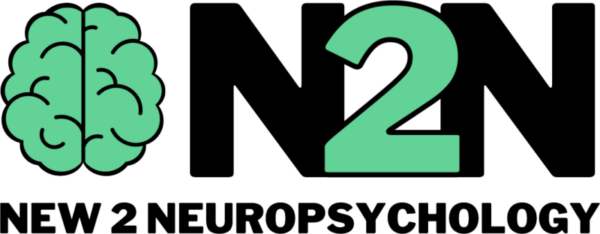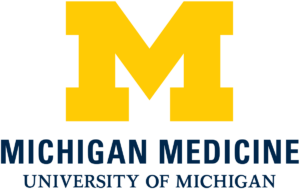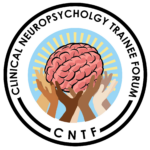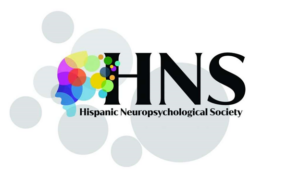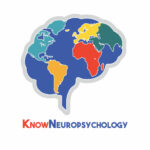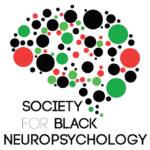The New2Neuropsychology (N2N) Mission
N2N aims to facilitate greater equity and inclusion in neuropsychology through outreach to historically underrepresented students, with the ultimate goal of improving access and representation for underserved communities.
Objective
To support students in the pathway to careers in neuropsychology by providing the following:
- Easy access to practical resources about neuropsychology training
- Connections to neuropsychologists from underrepresented backgrounds
- Warm hand-offs to mentorship and networking opportunities
- Scholarships to support conference attendance and decrease burden of graduate school application costs
Diversity, Equity, & Inclusion
N2N resources are available to anyone interested in pursuing a career in neuropsychology. We design and implement all events and materials with diversity in mind, intending to engage with and support students from a broad range of backgrounds, including but not limited to varying races, ethnicities, gender identities, sexual orientations, ages/generations, social/economic classes, disabilities, religious or ethical value systems, and national origins. We prioritize inclusivity and are committed to ensuring that our resources and opportunities are accessible and beneficial to all.
N2N Committees
Outreach

The N2N Outreach Committee partners with schools in the United States and Canada to educate historically underrepresented students about the field of neuropsychology and the training pathway. The Outreach Committee is currently partnering primarily with Historically Black Colleges & Universities, Hispanic Serving Institutions, and community colleges.
The Outreach Committee plans events to serve the needs of students at these institutions including presentations, interactive games, and question & answer sessions. These events provide exposure for students to neuropsychologists from underrepresented backgrounds and provide institutions with textbooks about training in neuropsychology.
If you’re interested in hosting a N2N event at your institution, please contact us here!
Student Engagement

The N2N Student Engagement Committee manages N2N social media activities to engage interested students and facilitates warm hand-offs for students (e.g., through the N2N Student Liaison program) to opportunities for mentorship, networking, and shadowing experiences. The Student Engagement Committee also plans networking “Meet & Learn” networking events that take place at professional neuropsychology conferences throughout the year and a “Neuropsych Starter Pack Giveaway” each fall.
If you’re interested in hosting a N2N “Meet & Learn” networking event or would like to provide shadowing opportunities for interested students, please contact us here!
Resource Development
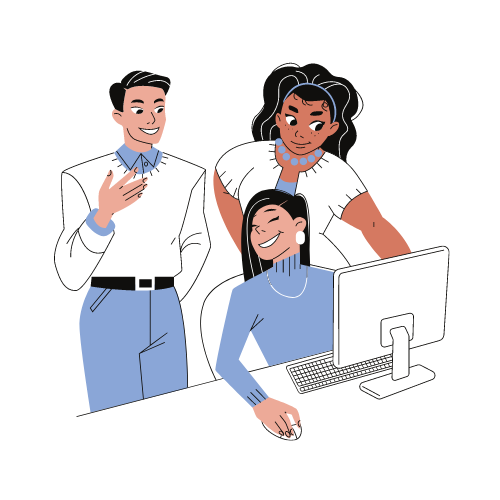
The N2N Resource Development Committee designs and maintains the N2N website, including gathering and organizing website content for interested students and professional neuropsychologists, and creating original website content to support the mission of N2N. Additionally, the Resource Development Committee creates the N2N Newsletter, presentations, pamphlets, and flyers, and procures textbooks and additional resources for students.
If you have feedback about this website or resources you think would be useful for students, please let us know here!
Program Evaluation

The N2N Program Evaluation Committee evaluates whether the overarching goals of N2N are being met by collecting, analyzing, and disseminating data related to various key outcomes. The Program Evaluation Committee uses this evaluation process to ensure N2N’s initiatives are effective and accessible, identify areas of growth, recommend program changes, and steer N2N towards continuous improvement and alignment with its core mission.
If you have any suggestions for future areas of focus for N2N, please let us know here!
To learn more & stay up to date on N2N activities:
Click below for more:
Partners:
Collaborators:
Disclaimer
The information on this website is for general informational purposes only. New2Neuropsychology makes no representation or warranty, express or implied. New2Neuropsychology is not responsible for any errors or omissions, or for the results obtained from the use of this information. Your use of the site is solely at your own risk. This site may contain links to third party content, which we do not warrant, endorse, or assume liability for.
